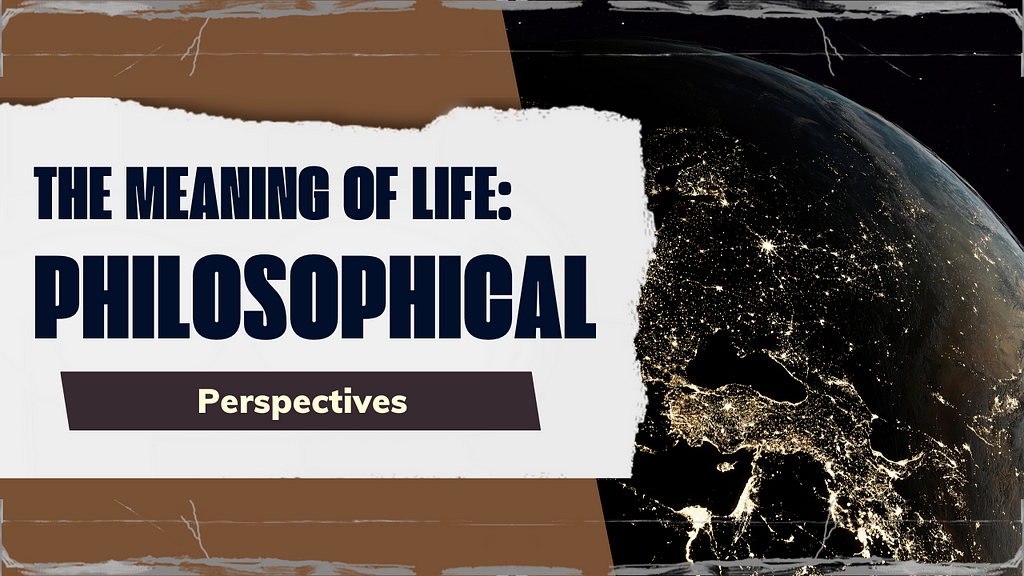
The quest to unravel the mystery of existence has long been a central concern of philosophy. At the core of this profound inquiry lies the question that has intrigued and perplexed humanity for centuries: What is the meaning of life? In this exploration, we will delve into various philosophical perspectives on the meaning of life, examining the diverse ways in which thinkers across time have grappled with this fundamental existential query.
1. Existentialism: Creating Meaning through Choice
Existentialist philosophers, such as Jean-Paul Sartre and Albert Camus, assert that life has no inherent meaning; instead, individuals are tasked with creating their own purpose through choices and actions. Sartre’s concept of “radical freedom” emphasizes the responsibility each person bears in defining their existence.
Example: In Sartre’s play “No Exit,” characters are trapped in a room for eternity, and their interactions highlight the existential angst of confronting choices and their consequences. This mirrors the existentialist idea that our choices define our essence and create the meaning of our lives.
2. Nihilism: Life’s Lack of Inherent Meaning
Nihilistic perspectives, as articulated by philosophers like Friedrich Nietzsche, contend that life lacks inherent meaning or value. Nietzsche famously proclaimed the “death of God,” suggesting that traditional sources of meaning, such as religion, no longer hold sway. Nihilism challenges individuals to confront the void and create their own values.
Example: Nietzsche’s concept of the “Ubermensch” (Overman or Superman) represents the individual who transcends societal norms and creates their own values. This idea has influenced discussions on personal autonomy and the rejection of imposed meanings in the pursuit of authentic existence.
3. Religious Perspectives: Divine Purpose and Transcendence
Many religious traditions propose that the meaning of life is intertwined with a divine purpose. In Christianity, for instance, the belief in a higher power provides a framework for understanding life’s purpose as aligning with the will of God. Other religions, such as Buddhism, emphasize the pursuit of enlightenment and transcendence.
Example: The Christian concept of salvation, where life’s purpose is to seek redemption and eternal communion with God, illustrates how religious perspectives provide a comprehensive framework for understanding the meaning of human existence.
4. Utilitarianism: Maximizing Well-being as Life’s Purpose
Utilitarian philosophers like Jeremy Bentham and John Stuart Mill propose a consequentialist approach to the meaning of life. According to utilitarianism, the purpose of life is to maximize overall happiness and well-being, with ethical decisions evaluated based on their contribution to the greatest good for the greatest number.
Example: In utilitarian ethics, decisions such as public policy choices or individual actions are assessed in terms of their impact on happiness. This perspective has influenced discussions on morality, ethics, and policy-making in various fields.
The meaning of life remains an enigmatic and deeply personal question, and philosophers throughout history have offered diverse perspectives on this existential dilemma. Whether rooted in existentialist freedom, nihilistic acceptance, religious faith, or utilitarian calculations, these philosophical perspectives invite individuals to reflect on the nature of their existence and consider what imbues their lives with meaning. As we navigate the complexities of our own journeys, the philosophical tapestry of ideas provides a rich framework for contemplating the profound question that has captivated the human mind for centuries.
The Meaning of Life: Philosophical Perspectives was originally published in EpicurusEcho on Medium, where people are continuing the conversation by highlighting and responding to this story.